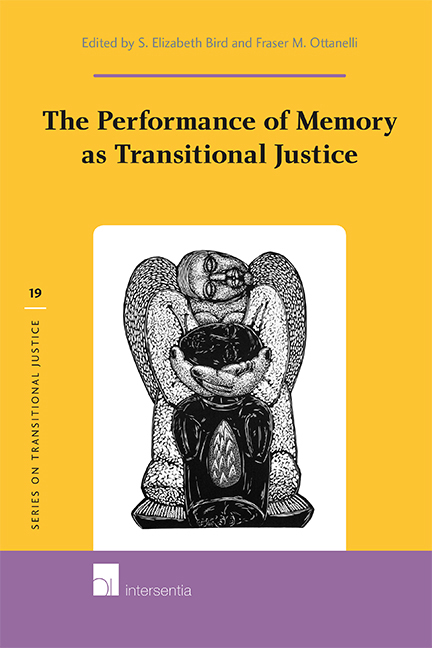Chapter 12 - Majdanek: The Work of Memory
Published online by Cambridge University Press: 16 December 2020
Summary
Those who cannot remember the past are condemned to repeat it, said Santayana, but it is difficult to remember, especially traumatic events. First, people naturally wish to bury painful memories. Even victims have a certain impulse to forgive, not wanting to ruin the rest of their lives with hatred. Next, the evidence of the past inevitably fades. We should do our best to research and preserve, but part of the work of keeping the past alive must fall to the imagination.
My poem ‘Majdanek’ is based on a visit I made in 2006 to the concentration camp on the outskirts of Lublin, Poland. During the visit, and again in the poem, I struggle to imagine myself in the place of a victim many decades earlier. I deliberately leave out details of my personal life, so the speaker could be anyone. The reader is thus invited to undertake the same imaginative effort. In such a situation, would you resist, try to escape, labour to survive, or simply lose hope and wish to get it over quickly? The effort of imagination is spurred by the particulars of the physical evidence, but made more difficult by the realisation that some of the evidence has been reconstructed, a reconstruction abetting the claims of deniers. Beyond these difficulties, my poem indicates the hazards and limitations of imagination. I put myself first in the place not of a victim but of today's Poles living next to the site who by habituation must learn not to see it at the same time I am trying to do so. Later, more disturbingly, I momentarily put myself in the place of a collaborator shoving a body in an oven. Imagination goes in all directions and can possibly lead you to empathise with those who have lost empathy. And at the end of the poem I hit the limit of imagination when it cannot carry me to the ultimate horror.
Theodor Adorno famously said, ‘To write poetry after Auschwitz is barbaric’, an opinion he modified after reading Celan. Poetry shouldn't try to contain or aestheticise the past.
- Type
- Chapter
- Information
- The Performance of Memory as Transitional Justice , pp. 197 - 198Publisher: IntersentiaPrint publication year: 2014

